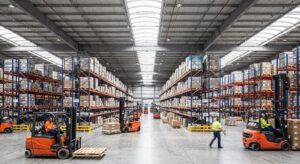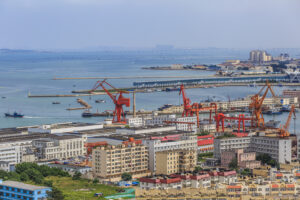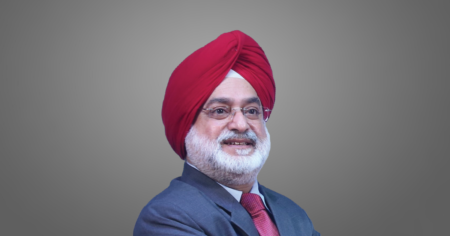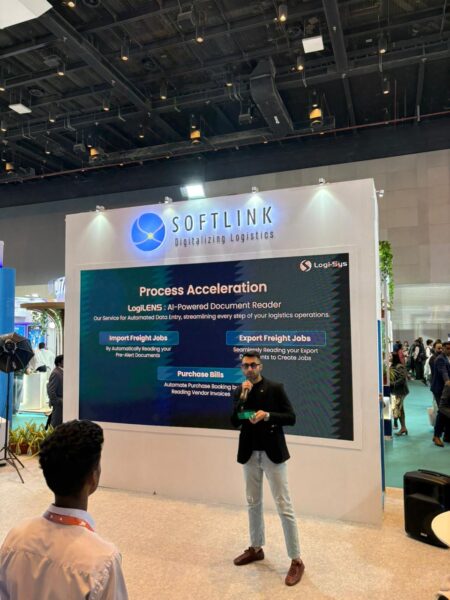At CargoNXT’s business session, panellist Harsh Gupta, MD, Kale Logistics, discussed how AI-driven systems are revolutionising logistics by addressing GST challenges and optimising asset management. His insights underscored the need for innovative and cutting-edge solutions within the logistics industry.

Kale Logistics is dedicated to building an efficient logistics ecosystem for tomorrow
During one of the business sessions at CargoNXT in September at the Park Hotel in Delhi, industry experts examined the transformative effects of AI and automation on logistics, covering topics like blockchain, workforce skill development, and fleet management. Panellist Harsh Gupta provided insights into the evolving landscape, emphasising the industry’s pressing challenges and the role of technology-driven solutions. He discussed how organisations like Kale Logistics are developing AI-driven systems to tackle GST complexities, highlighting the importance of systems optimisation as essential for enhancing efficiency within the logistics sector.
Streamlining GST and compliance
Gupta began by addressing the complexities of the Goods and Services Tax (GST), a significant challenge for many players in the logistics sector. Kale Logistics has been at the forefront of developing solutions to simplify compliance with GST regulations. Gupta emphasised that the company’s AI-driven systems are designed to integrate seamlessly with taxation frameworks, reducing the operational burden on companies while ensuring efficiency and transparency in transactions.
“Compliance-related issues are tough to navigate,” Gupta stated, highlighting how Kale Logistics has worked closely with government bodies, including the Department for Promotion of Industry and Internal Trade (DPIIT), to create streamlined solutions. By simplifying GST processes, the company is helping the logistics sector operate more smoothly and cost-effectively.
Advancing systems and AI integration
A central theme of Gupta’s address was the integration of advanced systems and artificial intelligence (AI) into logistics operations. According to Gupta, Kale Logistics has been instrumental in modernising asset management and optimising processes across various logistics sectors, especially railways and bulk cargo movement.
Through AI and route optimisation tools, Kale has transformed how assets are utilised, leading to more efficient operations. Gupta shared that the company’s software has significantly contributed to the ongoing upgrade of railway systems, facilitating faster and more reliable cargo movement. “The objective is to keep adding more value and ensure smoother operations,” he noted.
Focussing on innovation
Gupta’s remarks underscored the commitment to advancing logistics technology. By leveraging AI-driven solutions, the company addresses complex challenges like asset utilisation and last-mile connectivity. With a focus on compliance and operational efficiency, Kale remains a leader in transforming the logistics sector.
Gupta emphasised the importance of innovation, stating, “Unless we innovate and introduce more user-friendly, efficient solutions, we risk alienating the newer workforce.” Kale Logistics is committed to continuous innovation, paving the way for a more efficient logistics ecosystem ready to tackle future challenges.
In conclusion, Gupta emphasised that continuous innovation is essential for staying relevant in a rapidly evolving industry. Kale Logistics is committed to creating a more efficient logistics ecosystem, ready to tackle the challenges of tomorrow.











